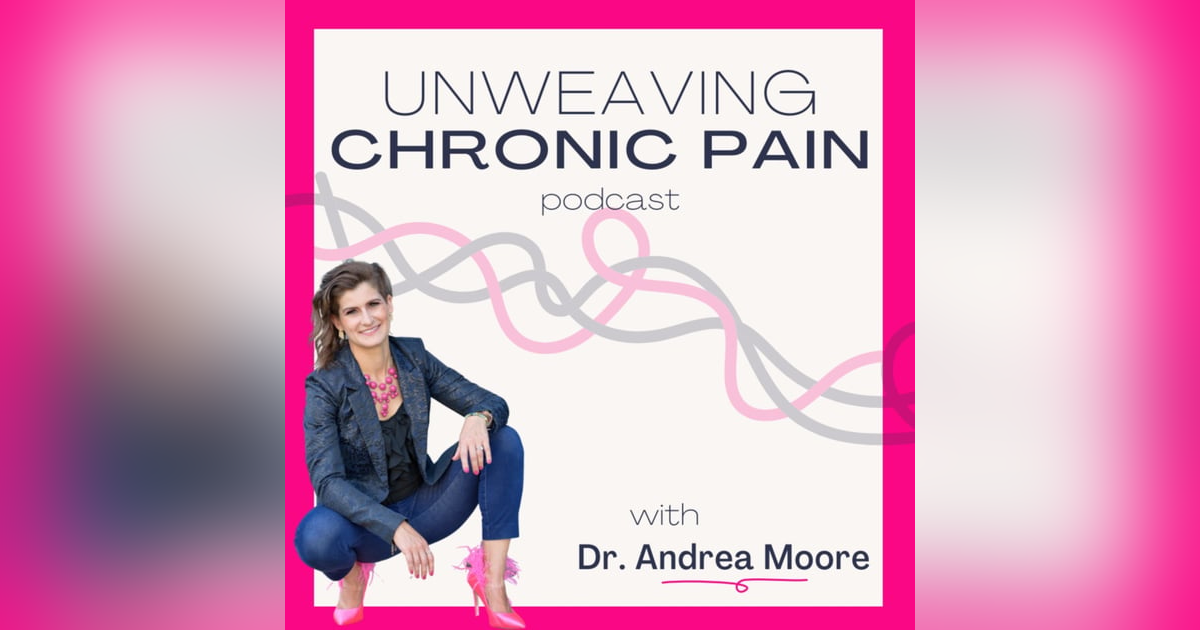April 8, 2021
The one necessity for your journey

The player is loading ...

Listen in today to discover an absolutely essential piece for your chronic pain journey. Without this, it is very common and easy to lose motivation, get discouraged and feel hopeless. Connect with me on Instagram @drandreamoore or at www.drandreamoore.com. Sign up for a free pain strategy session at www.drandreamoore.com/schedule







